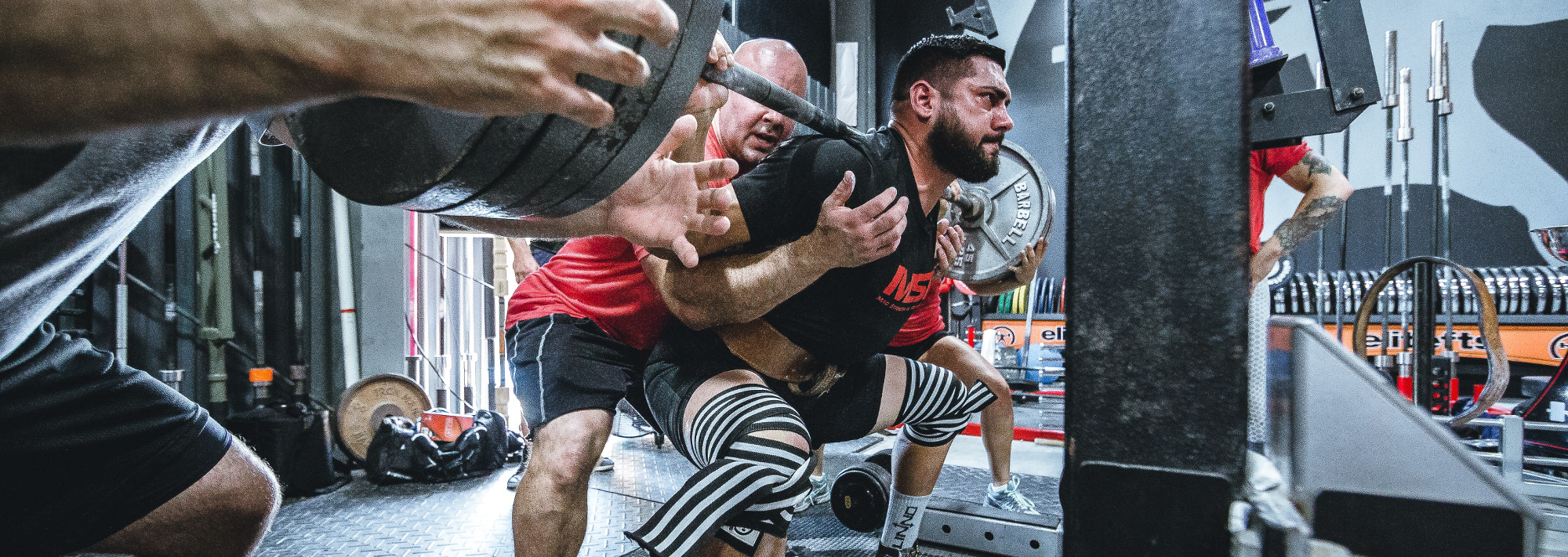
Individuals succeed when they have the support of their team. Photo by Alora Griffiths on Unsplash
Over the course of this two-part series, I want to explore when and how you should hire junior engineers. At its core, the interview process needs to be based on the same guiding principle: look for strengths, not weaknesses. It’s just the strengths of a junior candidate are very different from those of a senior candidate.
In this first part, let’s explore when you would even want to hire junior candidates. What kind of team should you be trying to build?
The experience-potential trade-off
A junior engineer doesn’t have much experience, but they typically have a vested interest in proving themselves. That results in a “get-it-done” attitude and out-of the box thinking. They are also more malleable to the company culture, so they are easier to integrate with an existing team, even as they bring in new ideas. It makes sense to bring in junior engineers to ensure the team is constantly evolving.
But, the flip side is the lack of experience leads to more mistakes and the inability to think long-term. A great senior engineer can craft an architecture that is easy to experiment with and sticks around for a long time. A junior engineer can solve the current problem, but each subsequent feature becomes harder to add.
Support structures
If you’re at the earliest stages of building your company, you may be able to get away with hiring only junior engineers. After all, you need someone who can solve problems in any way possible, because you’re working on product-market fit. Later, when you have paying customers, you can hire a senior engineer to build a long-lasting architecture.
But even then, a senior engineer can put into place an architecture that’s easy to experiment on. Maybe that architecture doesn’t have extensive automated tests or the latest technologies, but those decisions were made deliberately to meet the needs of the company. So, if you’re building a team, consider the following steps:
-
Generally prefer to start off your team with a few solid senior engineers. These engineers will build both an engineering culture and a technical foundation that can be iterated upon by others.
-
Only then bring in junior engineers to evolve the team. With a strong foundation in place, the senior engineers can focus on mentoring the new hires, and the new hires can bring in their unique perspective.
There’s no exact ratio of senior to junior engineers that’s optimal, but try to have a healthy mix. Without the support structure provided by senior engineers, both types of engineers will feel frustrated.
Pay discrepancies
Notice I haven’t talked about pay. Obviously, junior engineers cost less in compensation, but that’s because you’re paying for different skill sets. If you need someone to build an engineering culture, a lower-paid junior engineer can’t do the job. If you’re looking for someone to pump out code, an architect is not the right fit.
So don’t consider these different roles as interchangeable. You won’t save money this way.
Hiring junior engineers is a great idea, provided you have the right support structure to help them succeed. Typically, this means hiring some solid senior engineers to lay the foundation, then later provide mentorship to new hires. Thinking this way allows you to hire the right individuals at the right time.